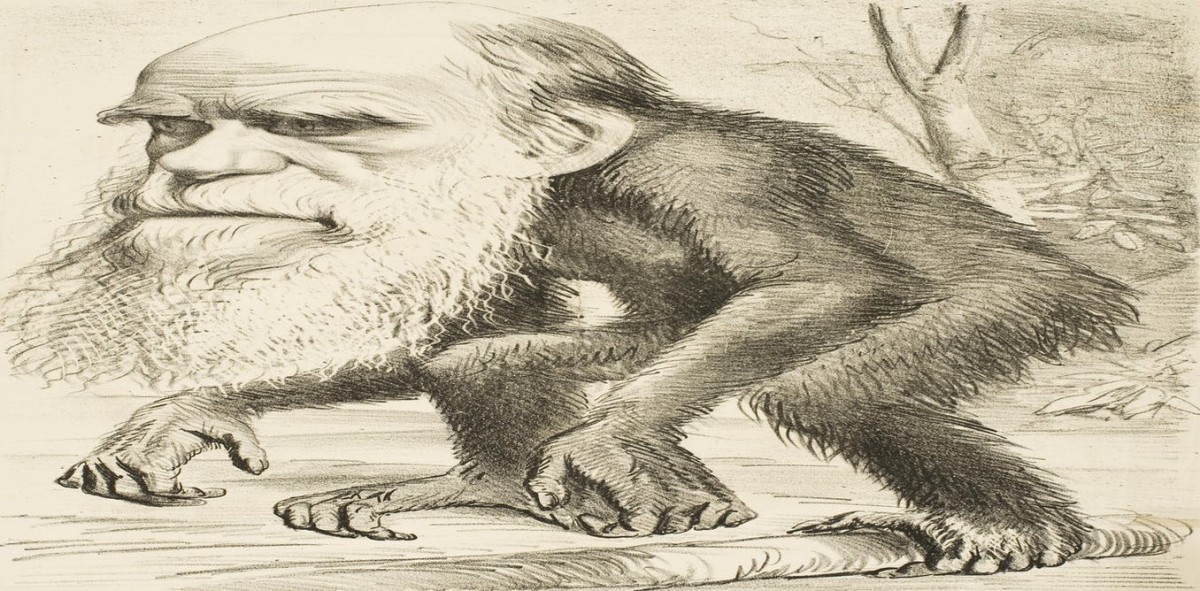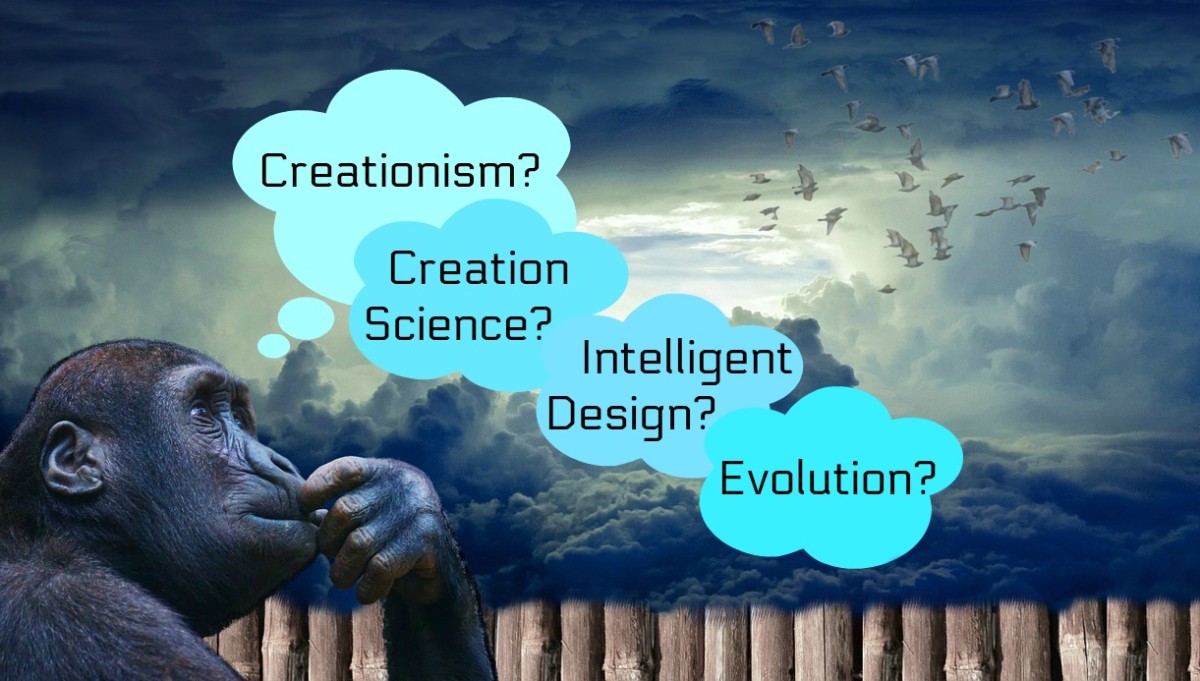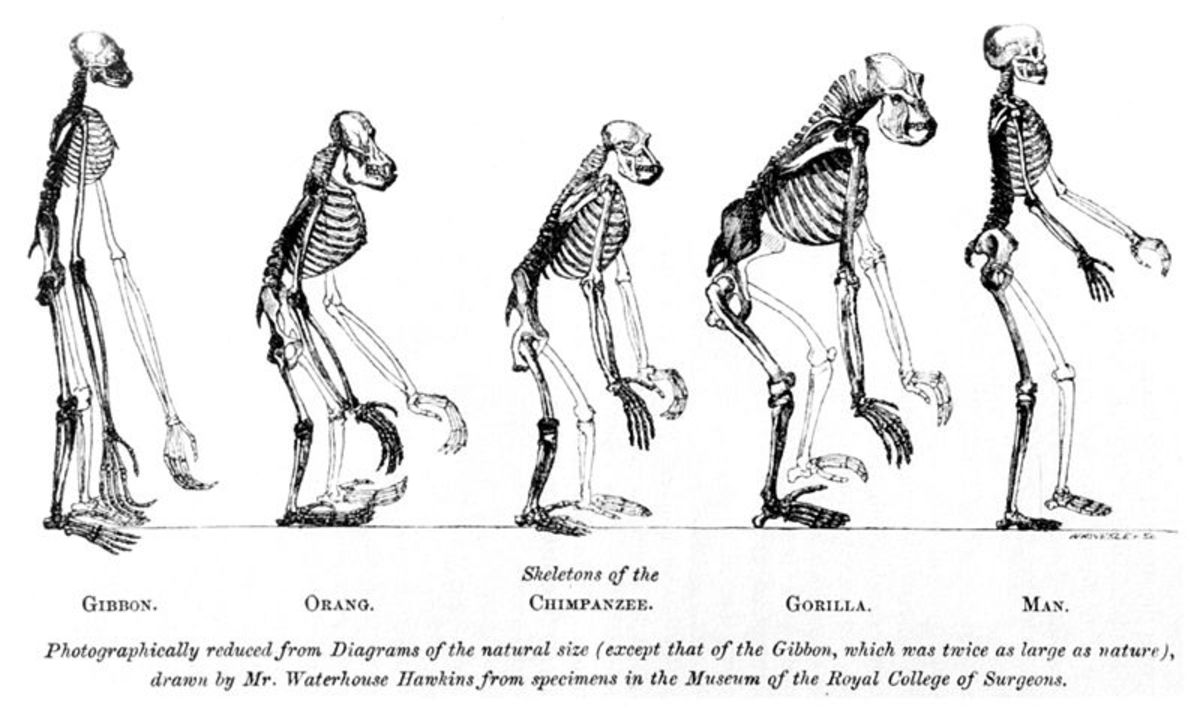What is the Origin of Religion?

What is the Origin of Religion? This is a question that may be answered by studying the progression of Human life on the Planet by taking into account the diversity of the Races, their geographical locations, and the traditions that have existed since the beginning of recorded time. Organized religions such as Christianity, Islam, and Judaism are considered modern and can easily be traces back a couple thousand years. Others that are less organized have fallen under the classification of cults. Anthropological research reveals that in our beginnings we existed in a state of oneness with nature called Animism. Then we became polytheistic, meaning to have many gods. In our modern era most of the world has accepted a monotheistic, one god view.
Animism. It is believed that Man has always had the instinctual feeling that he and everything that exists in nature around him has a life force or spirit. Plants, animals, and even the river and the sea were believed to have a spirit. For instance, the indigenous people of the lands believed that in order to catch an animal they had to first appeal to its spirit. To catch fish they not only had to appeal to the spirit of the fish but also the spirit of the river and so on. Early Man strived to live in harmony with nature, never taking more than they need in order to maintain its balance. They considered their role to be that of a caretaker that tended the garden.

Polytheism
Logically as time went on mankind began to ponder the question of how and why we exist. We developed many polytheistic beliefs according to our separate cultures. Some well known polytheistic religions include; the Sumerian gods, Egyptian gods, Greek Gods, and Roman beliefs. Most of those beliefs were based on the assumption that man must of been "Created" by gods who lived in high unseen places to serve out some unknown ordained purpose here on earth. Those gods watched over the earth from places like the sun, the moon, and the Stars.

Monotheism
With the introduction of the one god and one creation concept the world entered on a path toward modern civilization. Monotheism was first introduced in ancient Israel with the adoption of Yahweh (God) as the single object of worship and the rejection of the gods of other tribes and nations without, initially denying their existence. Following the death of Jesus and believing that his message was not exclusive to the Jews, followers and admirers of Jesus adopted and spread his message thought the late Roman Empire then the Latin and British empires.
The Arab world adapted monotheism through the writings of the prophet Mohammad who preached that this one god was also not exclusive to the Jews. His book, the holy Quran became the bases for the Islamic religion while his followers became known as Muslims. Today Monotheism is practiced by the majority of the earth’s population and is characteristic of the three major religions Judaism, Christianity, and Islam as well as a few others. They might call him by different names but all of them view the same god as the creator of the world, who oversees and intervenes in all human events.
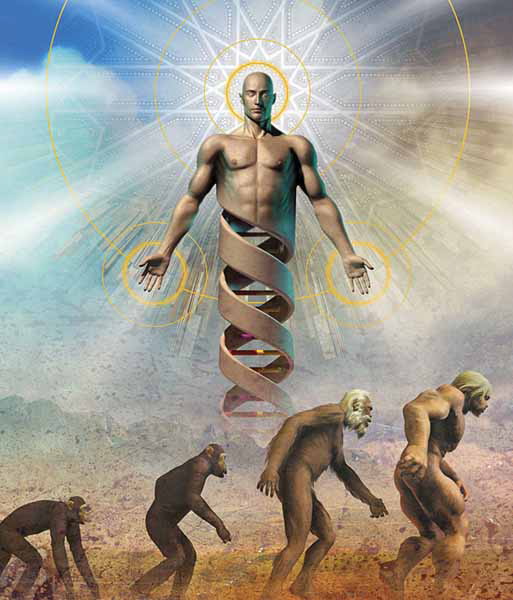
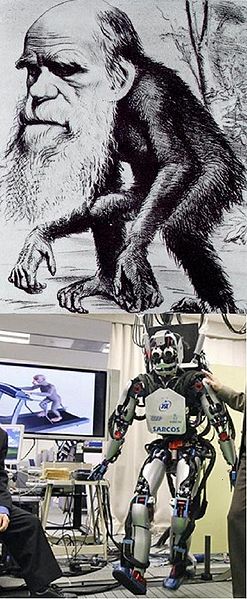
Evolution
Evolution is not a religion but it was responsible for the first mass defection from the ideology of believing that a god dictated the lives of humans. For that reason, evolution is an important aspect of any conversation on religion. In 17th century Europe, Kings and Nobel Men of the ruling class thought they had a monopoly on a life of luxury by keeping the masses subservient through the authority of the church but there appeared another concept so profound that it could not be ignored or squashed. Born out of mans continued curiosity and experiments with nature man began to think that if he could manipulate plants and animals by cross breeding them to create new species then maybe we came to exist by the chance of nature and time.
The theory of Evolution was made popular through the publishing of the book (On the Origin of Species) by the Botanist and explorer Charles Darwin. The theory suggests that species always change and get better over time according to their ability to adapt to changes in the environment in which they live. Furthermore two major mechanisms determine which variants will become more common or rare in a species. One is natural selection. It is a process that causes helpful traits (those that increase the chance of survival and reproduction) to become more common in a population and causes harmful traits to become more rare.
This occurs because individuals with advantageous traits are more likely to reproduce, meaning that more individuals in the next generation will inherit these traits. Over many generations, adaptations occur through a combination of successive, small, random changes in traits, and natural selection of the variants best-suited for their environment. The other major mechanism driving evolution is genetic drift, an independent process that produces random changes in the frequency of traits in a population. Genetic drift results from the role that chance plays in whether a given trait will be passed on as individuals survive and reproduce.
Religion is a developed concept designed to bring together all the different pieces pertaining to the Spiritual beliefs of a culture of people. The Bible like any other religious book consists of a collection of
- Spiritual teachings
- Social rules
- Moral guidelines
- Uplifting stories
It may be concluded therefore that religion has no discernible point of origin. Religion came together as cultures formed into societies and rules for living in those societies had to be observed. From the primitive to the advanced all humans have a natural inclination to believe that a greater force than himself watches over him. That inclination is called Spirituality. What is obvious is that religion, though uplifting in many aspects is greatly flawed. If we are to survive as a species we need to recognize our mistakes and move on to something better.

